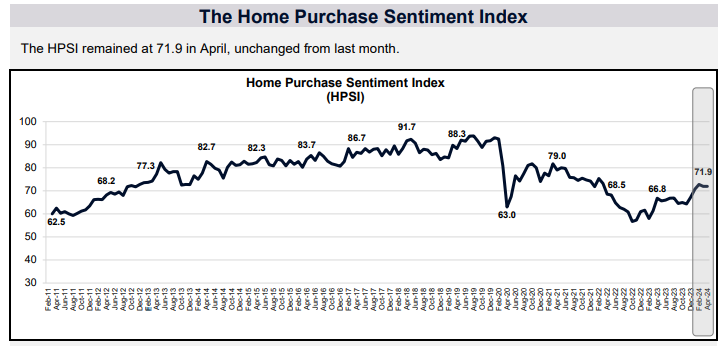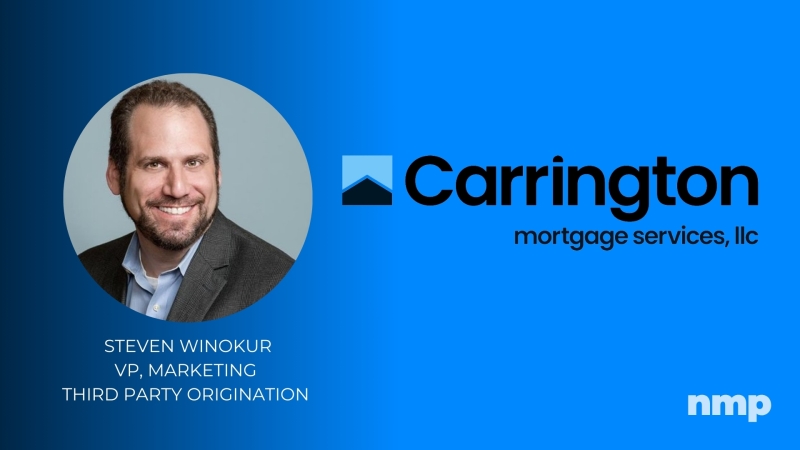Advertisement
Don't act on reflex when working with complex reverse mortgages
Don't act on reflex when working with complex reverse mortgagesMartin Taylorsub-prime, eligible home types, single-family residence, condominiums
If you are still questioning whether or not reverse mortgages
are the new "it" products of the industry, look no further than
Richard Branson, the billionaire behind the Virgin Empire. Even Branson is
getting into the reverse mortgage game with Virgin Money USA's
Retirement Mortgage.
So what does a guy who flies to outer space and runs a
conglomerate of varying sectors know about reverse mortgages?
Enough to realize that there is a lot of money to be made by
selling these products. Branson is just one of many folks with
relatively little background in the field jumping into the space
for that very reason.
As more people enter the market, the more evident it becomes
that extensive training is needed to ensure that consumers are
correctly counseled, and that loan officers remain on the up-and-up
to avoid another sub-prime calamity.
Reverse mortgages are wrought with complexities—newbies
and seasoned loan officers alike should not take the challenge of
clarifying these convolutions lightly.
In an effort to clarify the complications of reverse mortgages,
this article examines different property types and whether or not
it is advisable to take a spouse off the title in order to qualify
a borrower at a high level.
Eligible home types
For the most part, as long as the borrower owns and occupies the
property, the home is eligible for a reverse mortgage. However,
some property types are considered with special circumstances, and
others are null-and-void altogether.
•Single-family residence: The most common
property found in loan files is the single-family residence. There
are no special circumstances surrounding this type of home that
would mitigate it from qualifying for a reverse mortgage, other
than repair needs in excess of 15 percent of the home value.
•Two- to four-unit dwellings: The number of units
that make up this property type is typically defined by the number
of kitchens it includes. To qualify for the loan in question, the
borrower must:
1. Live in one of the units for the duration of the loan;
2. Limit the property to four units; and
3. Rent the unoccupied units to tenants, so long as no unit is
rented for hotel or transient use.
•Condominiums: Condos can meet approval, provided
that there is 51 percent owner occupancy and sufficient reserves
set aside (generally $100 per unit). Some individual condominium
units may qualify under the Federal Housing Administration (FHA)
Spot Condo Affidavit.
•Planned Unit Development (PUD): A PUD is a
community or sub-division development that requires the homeowners
to pay a mandatory fee for the maintenance and use of common
areas.
•Modular homes: In a modular home, the trailer is
not a structural part of the home. The weight is supported by
exterior foundation walls, and the property must have an official
state label indicating acceptance under the state program. To
qualify, the modular home must also have been built on-site.
•Agricultural land (farms): Agricultural zoning
does not necessarily preclude this property type from reverse
mortgage eligibility, provided that the property is considered a
residence and does not generate any income.
•Cooperative (co-op) apartments: A co-op is a
cooperatively owned apartment building. Instead of owning real
property, co-op owners hold a long-term lease and the right to
sole, exclusive use of an apartment for an indefinite period of
time. Only a small percentage of co-ops qualify under a reverse
mortgage, and typically are in the California and the New York
markets.
•Manufactured homes: Perhaps the one property type
with the most restrictions, manufactured homes can qualify for a
reverse mortgage as long as the property:
1. Was built after June 15, 1976;
2. Was not installed or occupied previously at any other site or
location. A manufactured home can only be moved from the
manufacturer's or dealer's lot to the site on which the home will
be insured;
3. Has foundation systems (new and existing) that meet the
guidelines published in the "Permanent Foundations Guide for
Manufactured Housing," dated September 1996;
4. Has a finished grade elevation beneath it that is at, or above,
the 100-year return frequency flood elevation; and
5. Is not a part of a condominium project.
•Leaseholds: Leaseholds are typically manufactured
homes and are held to similar standards as the above. They are
eligible for an FHA reverse mortgage if the lease meets U.S. Department of Housing and Urban
Development guidelines.
•Tribal land: Properties are handled on a
case-by-case basis. The borrower must have a clear title. If the
land is leased, the lease must include 99 years (and be renewable)
at the time of the transaction, or must not expire before the
borrower's 150th birthday.
The title twister
In addition to qualifying property types, a borrower (or set of
borrowers) must be 62 years of age to receive an FHA reverse
mortgage loan. So, what do you do if one spouse meets that mark,
but the other does not?
The knee-jerk reaction may be to remove the disqualified spouse
from the title and issue the loan under the partner who meets the
age qualifier. This is not always the best course of action to
take. If the older of the two were to pass away, the loan would
become immediately due. The surviving spouse would be left to
settle the loan. In order to come up with the means to pay off the
outstanding balance, the sale of the property is often required.
You never want to be presumptuous and assume that a surviving
spouse would accept this as the end result. However, if this
circumstance were to arise, you would be surprised to learn that
through cautious and careful questioning (using questions that are
neither leading, nor biased), the spouse will often want to sell
the property.
On occasion, taking the spouse off the title is the most
beneficial route, as the reverse mortgage may be the only viable
solution to a severe and detrimental financial problem.
The lesson here is to be sure you look at all available options to
the borrower. Make every effort to exercise full disclosure about
all the rewards and, more importantly, all the ramifications of a
recommended action.
If learning about all the nuances of reverse mortgages seems like
a daunting task, know that it is. To increase your confidence in
selling these complicated loans, and ultimately win the confidence
of your borrowers, explore reverse mortgage advisor program options
that will provide you with the education you need to be a competent
and trusted professional.
Successful loan officers are knowledgeable ones. You certainly
can't explain what you don't understand. If you don't understand
what you are selling, you can bet your pocketbook that our
industry—and most notably, the borrower—will pay for
it.
Martin Taylor is the owner of Bellevue, Wash.-based Stay In Home Reverse Mortgage
Inc. He may be reached at (800) 963-8011 or through his
companys Web site, www.stayinhome.com.
About the author





